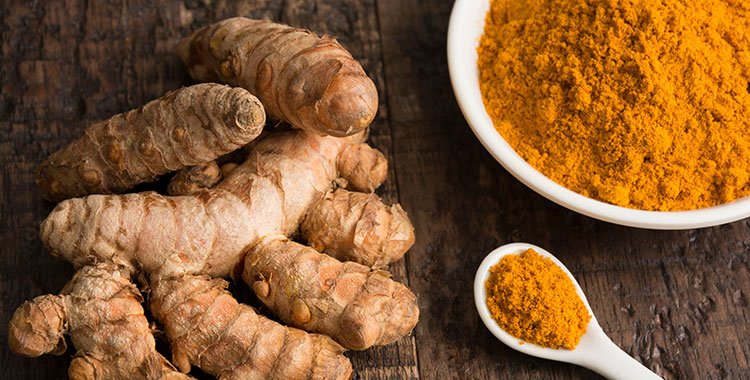This article by the John Hopkins medicine center discusses the risks of inflammation and how it can increase the rate of heart attacks and strokes. It also recommends following an anti-inflammatory lifestyle, including quitting on smoking, doing physical activities, and following an anti-inflammatory diet.
Fight Inflammation to Help Prevent Heart Disease
You probably already know that high cholesterol and blood pressure are major risk factors for heart disease. But do you know about inflammation? Recent research shows it plays a key role, and that working to reduce it can prevent heart attacks and strokes.
“Just like we’re targeting blood pressure, cholesterol and blood glucose, we also need to target inflammation,” says Erin Michos, M.D., M.H.S., associate director of preventive cardiology for the Ciccarone Center for the Prevention of Heart Disease. “We all should be making an effort to reduce chronic inflammation in our bodies.”
To protect your heart from the damaging effects of inflammation, here’s what you need to know.
Studies Point to Inflammation
Two decades ago, researchers discovered that high levels of inflammation were associated with an increased chance of having a heart attack or stroke. However, what they didn’t know was whether anti-inflammatory treatments could prevent those events from occurring.
In 2008, the JUPITER study found that for older adults who did not have elevated blood cholesterol but who did have elevated blood levels of inflammatory markers, treatment with cholesterol-lowering statin drugs reduced the number of heart attacks and strokes. But it wasn’t clear whether that was because statins reduced inflammation or because they further lowered bad cholesterol, since they do both.
However, a recent clinical trial called CANTOS studied an injectable antibody type of anti-inflammatory drug in people who had a prior heart attack and who also had elevated inflammatory markers despite statin treatment. This landmark study finally proved that targeting inflammation without changing cholesterol levels can have a significant impact. People treated with the novel anti-inflammatory treatment reduced their likelihood of subsequent heart attacks or strokes by 15 percent. It also decreased the need for major interventions such as angioplasty and bypass surgery by 30 percent, proving that addressing inflammation to prevent heart disease is essential. Additional studies are now looking at whether older, cheaper medications taken by mouth (colchine and methotrexate) can have similar heart protection benefits.
The Role of Inflammation in Heart Disease
Inflammation is part of your body’s immune response to an illness or injury. When you have a wound or an infection, inflammation helps fight off germs and facilitates healing. Buildup of cholesterol and other substances in your arteries (called plaques or atherosclerosis) can set off an inflammatory response, too.
“For short-term conditions, inflammation is helpful,” explains Michos. “But sustained low levels of inflammation irritate your blood vessels. Inflammation may promote the growth of plaques, loosen plaque in your arteries and trigger blood clots — the primary cause of heart attacks and strokes.”
When a blood clot blocks an artery to the heart, you have a heart attack. If the blood clot blocks an artery to the brain, the result is a stroke.
Anti-Inflammatory Lifestyle Changes
“The good news is that you can control inflammation by avoiding factors that activate your body’s inflammatory response,” says Michos. “And, these same lifestyle choices decrease bad cholesterol, lower blood pressure and reduce high blood sugar, too.”
Here’s what you can do to reduce inflammation:
- Quit smoking: Smoking damages your blood vessels and promotes atherosclerosis. By quitting, you can cut your heart disease risk in half.
- Maintain a healthy weight: Being overweight increases your risk for multiple diseases. But carrying excess fat around your belly is a red flag for heart disease risk. A type of fat that accumulates in the belly (called visceral fat) secretes a molecule that causes inflammation.
- Increase activity: Exercising for as little as 20 minutes a day can decrease inflammation. You don’t have to do an intense sweat session: Moderate workouts, such as fast walking, are effective.
- Eat a heart-healthy diet: Processed and fast foods produce inflammation. Whole foods, on the other hand, are anti-inflammatory. Eat more fruits, vegetables, whole grains, beans, nuts and fatty fish.
Chronic inflammation doesn’t produce symptoms — the only way to measure it is with a blood test, and most people aren’t regularly screened for inflammation. Making healthy lifestyle choices is the best way to lower that risk factor, although doctors may also prescribe a statin drug for those with a higher risk of heart disease. Your doctor can determine your risk level and what next steps are most appropriate for you.










